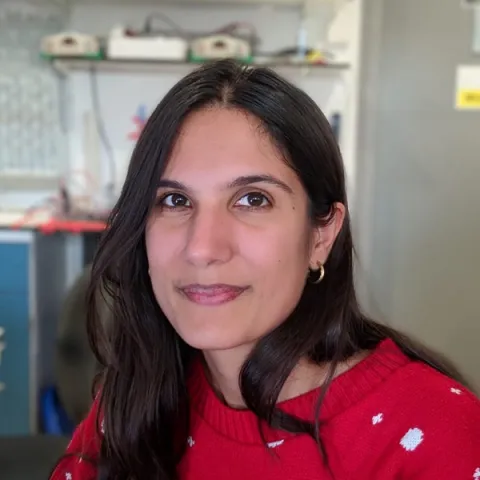About the project
The prevalence of non-alcoholic fatty liver disease (NAFLD) is steadily increasing. This project will establish 3D organoid culture systems to model the disease, with the aim of improving our understanding of the mechanisms driving disease progression toward end stage liver disease and developing strategies to reverse NAFLD.
Within the Southampton NIHR: National Institute for Health and Care Research Biomedical Research Centre, we are internationally regarded for the high quality of our translational research in non-alcoholic fatty liver disease (NAFLD).
Working with world-leading experts and surgeons at University Hospital Southampton, we are establishing a laboratory-based project aimed at improving our understanding of the mechanisms driving disease progression toward end stage liver disease and developing strategies to reverse NAFLD.
The project will use state-of the-art organoid, metabolomic, transcriptomic and bioinformatic analyses with 3D imaging technologies to identify potential therapeutic strategies.
We are seeking a talented individual who is keen to undertake research in experimental medicine, incorporating pre-clinical biomedical approaches. We will provide training and access to relevant taught courses.
Skills required
You will have laboratory experience at undergraduate level. Experience with cell and tissue culture, omic analysis or imaging would be a bonus. The supervisory team will deliver focused training, so a willingness to learn new approaches and ways of thinking is the most important skill required.
You will undertake a series of studies that enable you to establish liver organoids derived from patient samples, to generate an accessible and scalable disease model in which to investigate mechanisms driving NAFLD progression at the cellular level. This would allow you to test gene functions implicated in NAFLD through multimodal approaches and to perform drug screening in vitro, aimed at treating liver disease

